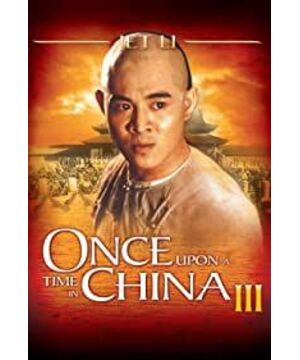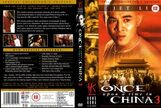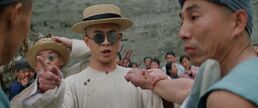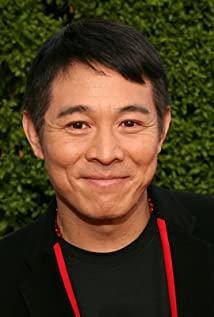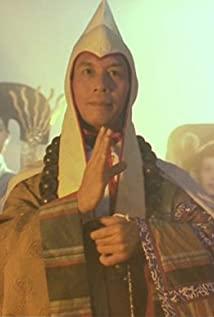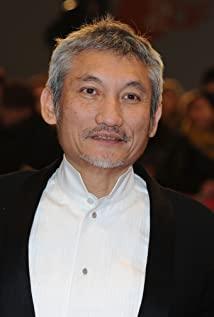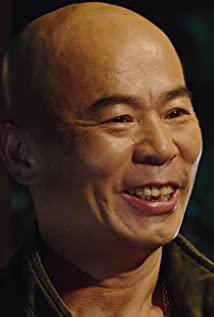Don't talk about the plot and fights, just talk about the pattern. Most of Shaw Brothers' Wong Fei-hung movies dealt with neighborhood disputes in the early days. Jackie Chan's Drunken Fist in 1978 was just a martial arts comedy based on Wong Fei-hung's personal kung fu growth, while Tsui Hark's Wong Fei-hung series was the first time to use the history of Wong Fei-hung's story. The background makes the whole series full of family and country feelings. The subtle point of this series is that Huang Feihong's appearance is a full-level account, and as a series of movies, the protagonist cannot be static, so the main focus is on Huang Feihong's ideological growth. The main idea that the creators want to express is continuously extended with the growth of Huang Feihong's own thoughts. The first is when, Huang Feihong was blindly xenophobic and hostile to Western culture. At the end, he put on a suit to take pictures, representing "learning from foreigners' long skills" (I really liked two of the plots that changed Huang Feihong, one was Huang Feihong. When Feihong was angry, he flicked the bullet through the door with his fingers, but he was suddenly stunned, because he realized that few people except himself have this kind of strength, but a pistol that everyone can use can achieve this kind of power. Destructive power, the second is that Master Yan, who has the strongest defense in traditional martial arts, was easily shot to death). The second film, Huang Feihong helping Sun Yat-sen and others, represents the "revolution", but both the film and Huang Feihong have limitations. They both focus on the elite class, and believe that the elite class is the core of the revolution (among them, there is a relationship with the imperialists. class conflict between factions and cults). It was not until the third part, when Huang Feihong said the classic phrase "expanding the wisdom of the people, combining wisdom and martial arts", he rose to the realm of looking at the public class, and Huang Feihong became a real master (whether in thought or martial arts), this The series is also enough to be called "China's Past".
View more about Once Upon a Time in China III reviews


